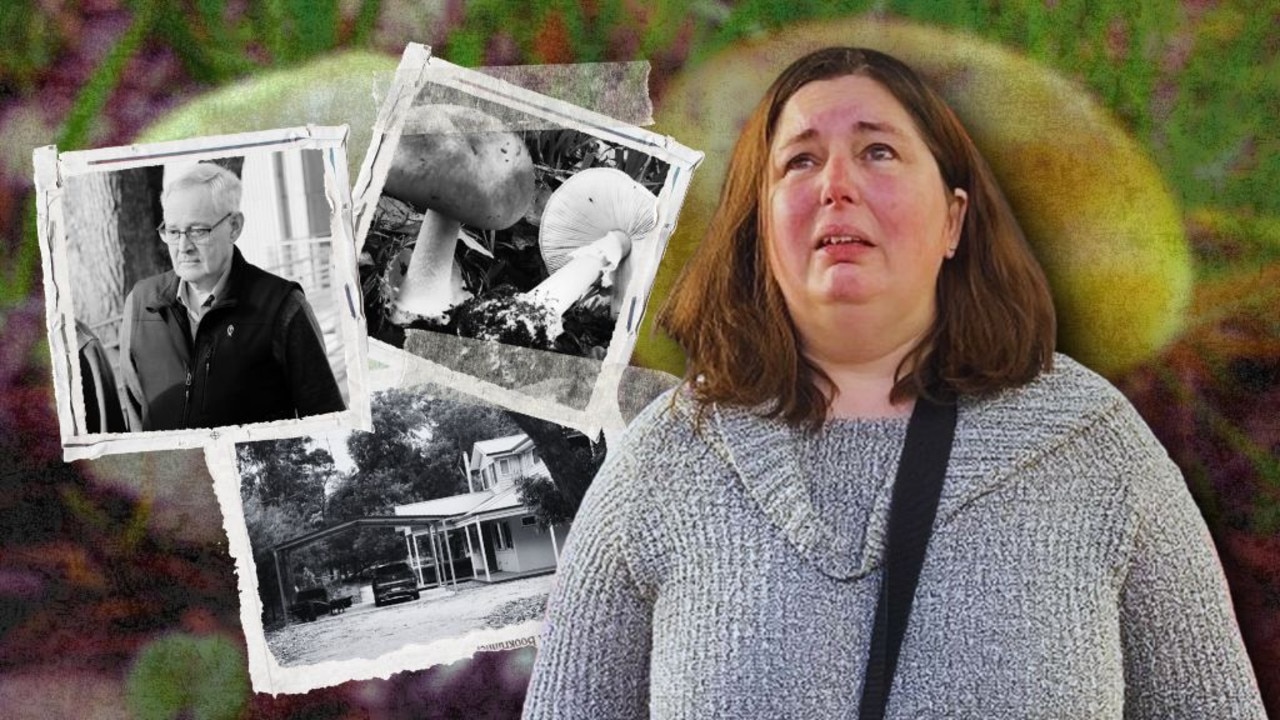Hamish McLachlan chats to Waleed Aly, Gerard Whateley, Billy Slater and other friends about how they’re handling lockdown
On the back of the announcement that Melbourne’s stage four restrictions were continuing, Hamish McLachlan checked in with some of his well-known Melburnian mates to see how they’ve been coping with the news, and find out how they’re spending lockdown.
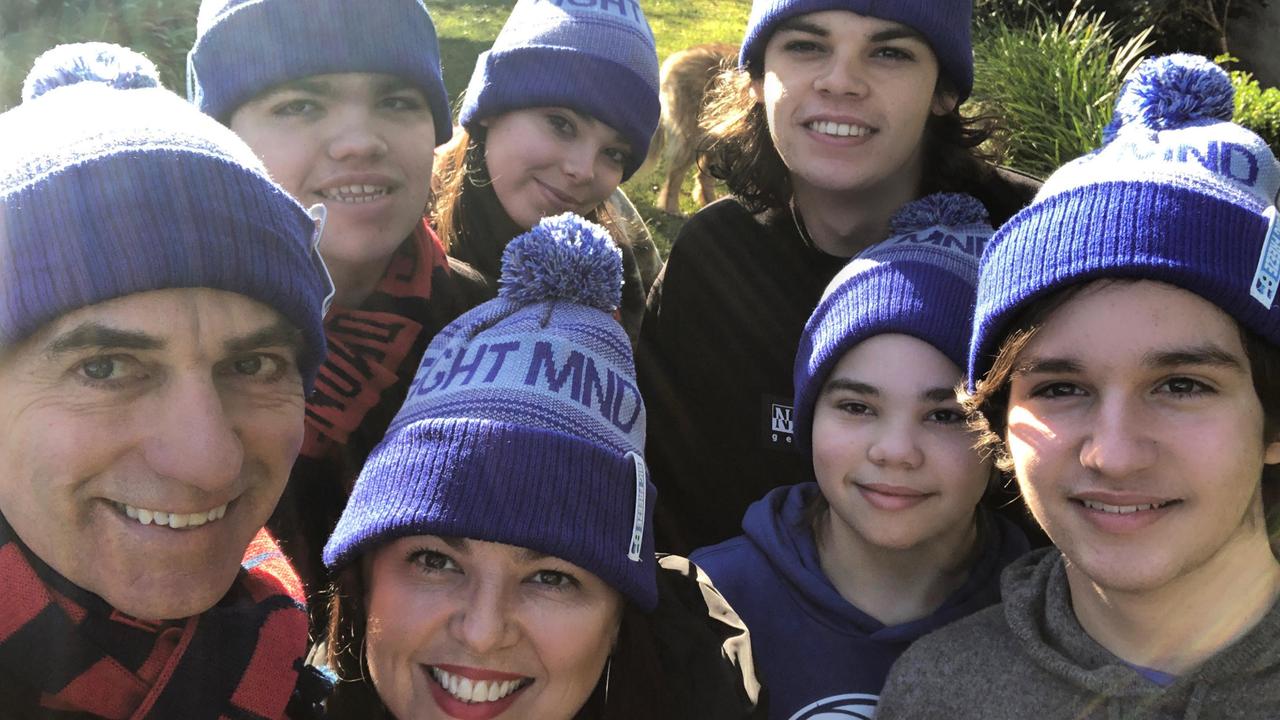
On the back of last Sunday’s news, this week I texted some friendly faces to ask them how they’ve been coping in the most unusual, and complicated of years. I didn’t set limits on words, or give them any context of how it would come to life in paper, as I wasn’t sure what I would get back. Ross Stevenson, Gerard Whateley, Livinia Nixon, Sally Capp, Waleed Aly, Jane Kennedy, Billy Slater and Josh Frydenberg’s responses to the texts are below. A huge thanks to them all for sharing with me, and with you. I hope their experiences and outlooks might resonate, or make you smile, or help you in some small way, at a time when many of us, well, all of us, need a bit of a hand.
HAMISH: What has been the flattest, or the lowest moment you’ve felt, during the COVID battle?
Ross Stevenson: There are a range of choices Hame. Watching James Sicily do his ACL against West Coast would be way up there. Discovering after my fifteenth attempted “Guaranteed fix” that there is nothing that will stop spectacles from fogging up. Having to sit there in the leper colony watching crowds at interstate footy games, watching fans sitting cheek by jowl, eating pies and drinking beer. Did I mention when James Sicily did his ACL against West Coast?
Livinia Nixon: Firstly, I feel unbelievably lucky that I’m still working, and our kids are young enough to be oblivious to COVID and we’re all healthy. However, to answer your question, this year has been highly stressful, worrying, a feeling of groundhog day, anxiety-inducing and a range of other emotions. The flattest I’ve felt all year was when I woke up one morning last week and turned onto 3AW to hear the leaked Road map stating that our lockdown was to be extended. I burst into tears, which is very unlike me, but shows that I’m more fragile than I acknowledge and at vulnerable moments, it can really affect me. Father’s Day was really hard when I spoke to my dad and he said, “I miss my grandkids and I don’t know how many good years I’ve got left in me”.
Jane Kennedy: Breaking the news to the kids including a VCE student that lockdown was extended … that made for a pretty flat Sunday!
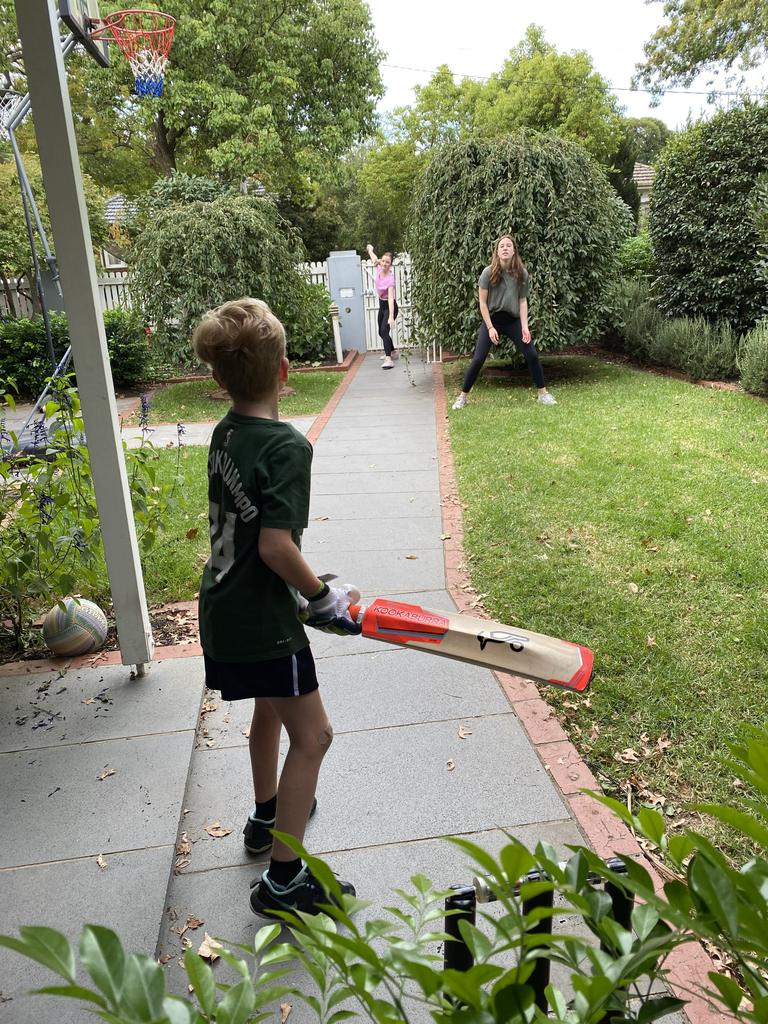
Gerard Whateley: The day we were plunged back into the second lockdown was such a dispiriting moment. Understanding what it would mean for so many in every walk of Melbourne life and knowing compliance would be so much harder to achieve the second time around. Claire and the kids were driving to the Southwest Coast for a much anticipated few days away in school holidays. There were tears in the car when they realised they’d basically have to turn around and come home. I wrestled all night with the question, “did we fail or were we failed?” The next morning on radio we came together for what amounted to a group purge before steeling ourselves for what would come next. A listener or two pointed out that for a couple of days it was like tiptoeing around your angry father.
Josh Frydenberg: When I saw people queuing outside Centrelink, it really got to me. It was a big moment for me. Also, I spent a large, extended period of time in Canberra away from my family it affected me.
Waleed Aly: Probably the day it was announced Melbourne was going back into lockdown was my lowest point. I was surprised by my reaction, too, because I fully expected us to go back into lockdown and thought I’d made my peace with it well ahead of time. I think it was the moment it really hit me that this pandemic isn’t an event with a clear beginning, middle and end, but a new reality that will be with us for ages. I knew all this intellectually, but I suppose I didn’t grasp it emotionally until that moment.
Sally Capp: Speaking to the owner of a city cafe and hearing the tears in his voice as he spoke about how he is trying to survive and find ways to support his team during COVID. This is one of the many heartbreaking and inspiring stories during lockdown. Our empty Melbourne streets mask a lot of activity and emotion as people strive to hang on until their doors can open again.
Billy Slater: There was a point a couple of weeks ago I felt a real lack of purpose in my life. When we work, we have an obvious purpose and a sense of worth. For many of us it’s our driver, and we all get that sense of achievement by providing a service. When that’s taken away it can leave you flat, and it got me recently.
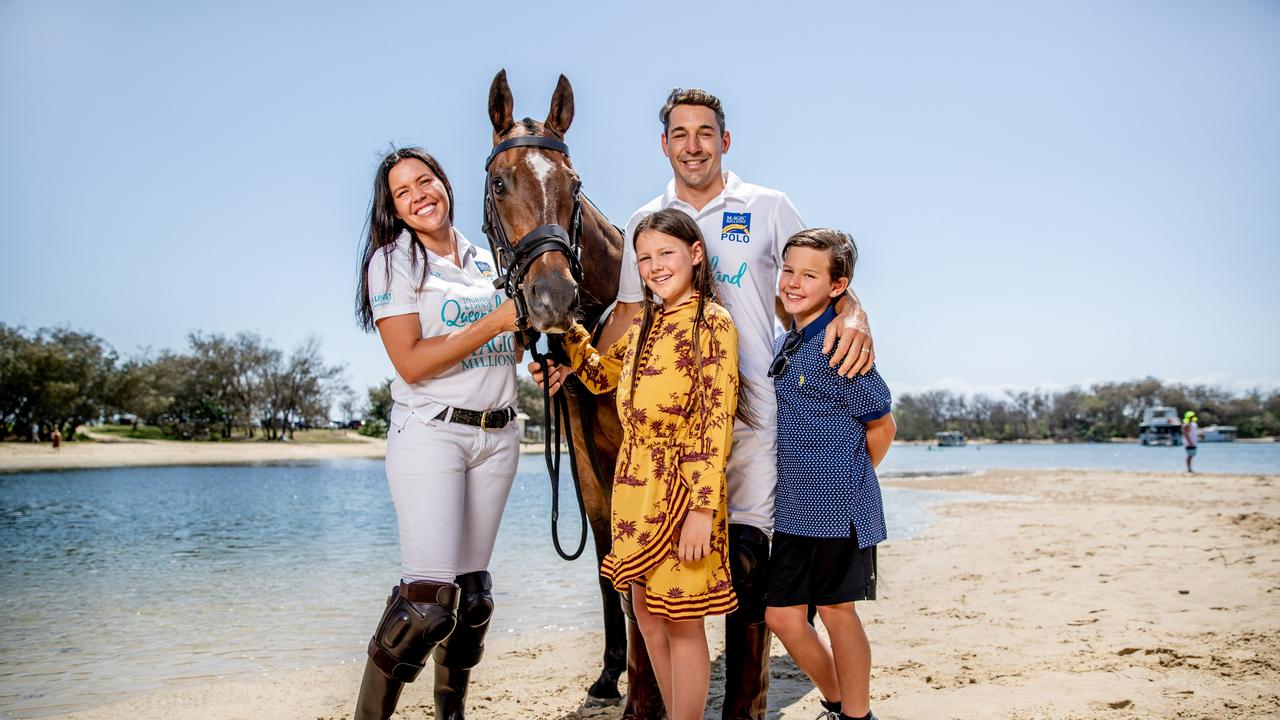
HM: What have you learnt about yourself that you didn’t know?
RS: I’ve learnt that whether I’m in stage two, stage three, stage four or in complete and unfettered freedom, my punting stinks. I’ve learnt that like most Melburnians we are extremely flexible, and extremely adaptable. We seem to work together as one giant organism. I’ve learnt that I can do a plank for longer than one minute. I’ve learnt that my house has a front balcony — I’ve only lived in the house for 12 years. It’s a lovely place to sit and wave to neighbours as they walk past, whilst having the first glass of wine for the day.
LN: My levels of patience are deeper than I thought possible. I decided to create a happy bubble and I pretty much say “yes” to anything our boys want to do. On top of all the time I’ve spent homeschooling with the kids, we also do “extra-curricular” activities such as cooking (very, very basic recipes — appropriate to my level!), restoring furniture, bathroom cleaning lessons and science experiments (we often make rockets in the backyard and boats out of muesli bar boxes covered in foil). With all the extra time together, we’re encouraging them to learn life skills … and hopefully help us both around the house! I’ve also learnt to appreciate the simple things — a cup of coffee in the sun, lying on the floor cuddling the dog, escaping into a good book and the joy of eating three meals every day with the boys. Oh, and my hair grows faster than is humanly possible!
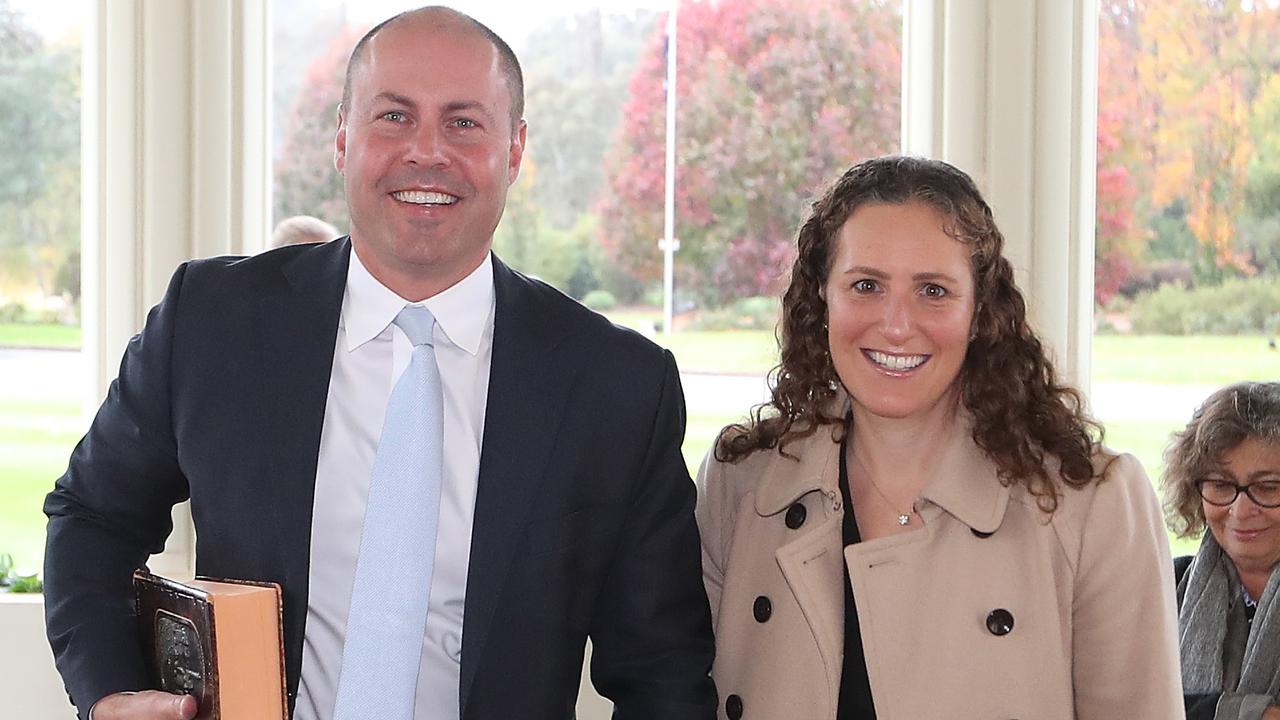
JK: That there are skills and strategies involved in playing Monopoly. And that watching and feeding birds is a pastime I have grown rather fond of!
GW: I doubt it would be a surprise to know I’m a chronic over-preparer and like things just so before going to air. You convince yourself there’s no other way to do the job. I imagine it’s the delusion of control. And then you confront circumstances that simply won’t allow it. Rather than disconcerting, it’s proven vaguely liberating.
And it’s a common experience. Suddenly you’re holding hands with a community of people who never expected to be working from home. We have this vague sense we’re a slight inconvenience in our own household. You give yourself over to the chaotic nature of it. The doorbell is ringing, the dog is barking and the little bloke is yahooing and rather than worry about it, the kindred spirits have a sly chuckle and delight in it.
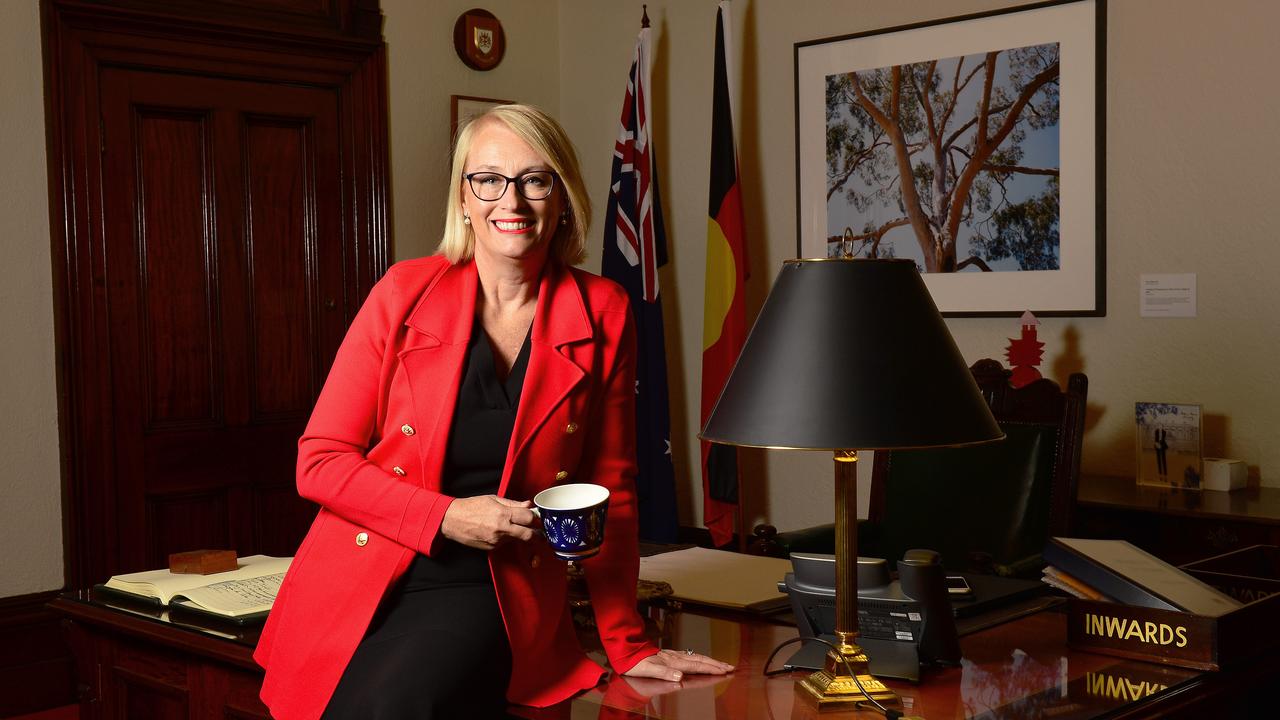
JF: That I can live on much less sleep than I thought I could!
WA: Turns out I’m a really boring person! I love having people over and going to the footy, and not having that is killing me. But honestly apart from that, it’s quite confronting how little difference lockdown has made to my day-to-day life.
SC: That I can manage multiple technology platforms (and find workarounds when I can’t connect) that would have seemed completely intimidating a few months ago.
BS: In my household I am virtually unbeatable in Monopoly! Who would have thought … I’ve become a property mogul!
HM: If there is one, what’s a positive for you personally that you didn’t expect to appear?
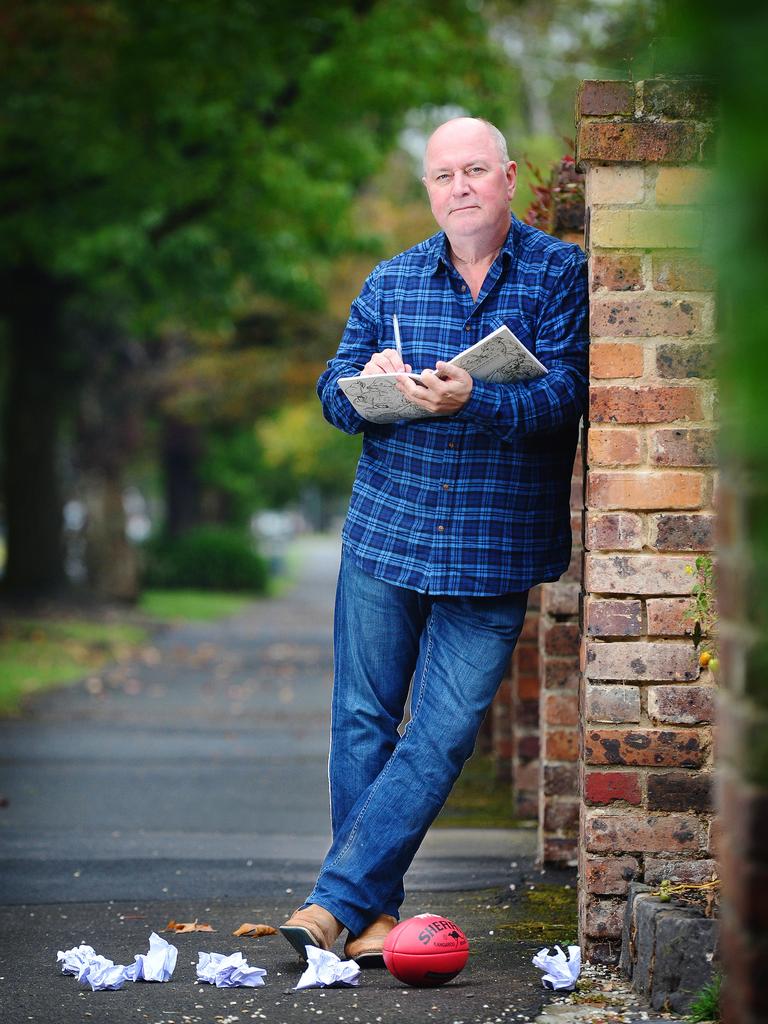
RS: Yes, Hame — I’ve kept a journal. I’ve stuck with it throughout, and it’s now into its third volume. It’s called “19 at 21” — 21 being the number of my house. Who knows, it might make for interesting reading one day for the grandchildren that I don’t currently have. I’ve stuck with my planking routine, which I’ve had to recalibrate after my second oldest son pointed out that a proper plank is not done in the shape of the Sydney Harbour Bridge. I remembered that I had an old box of contact lenses buried deep in the bathroom somewhere, that means that I can now go for a walk without having to wear completely fogged up glasses. I said fogged up. I have to point out however, Hame, that I asked my nine-year-old son what positives there were out of the lockdown, and he said, “Nothing!”.
LN: As a family unit, we’re so much closer. Without the frantic school run, I read books in bed every morning with Henry. Without any social life, Ted and I cuddle up and watch movies on Saturday nights. All the external rushing has been wiped away and I’m OK with that.
JK: Having a 13 year old ask to learn a Neil Young song on guitar!
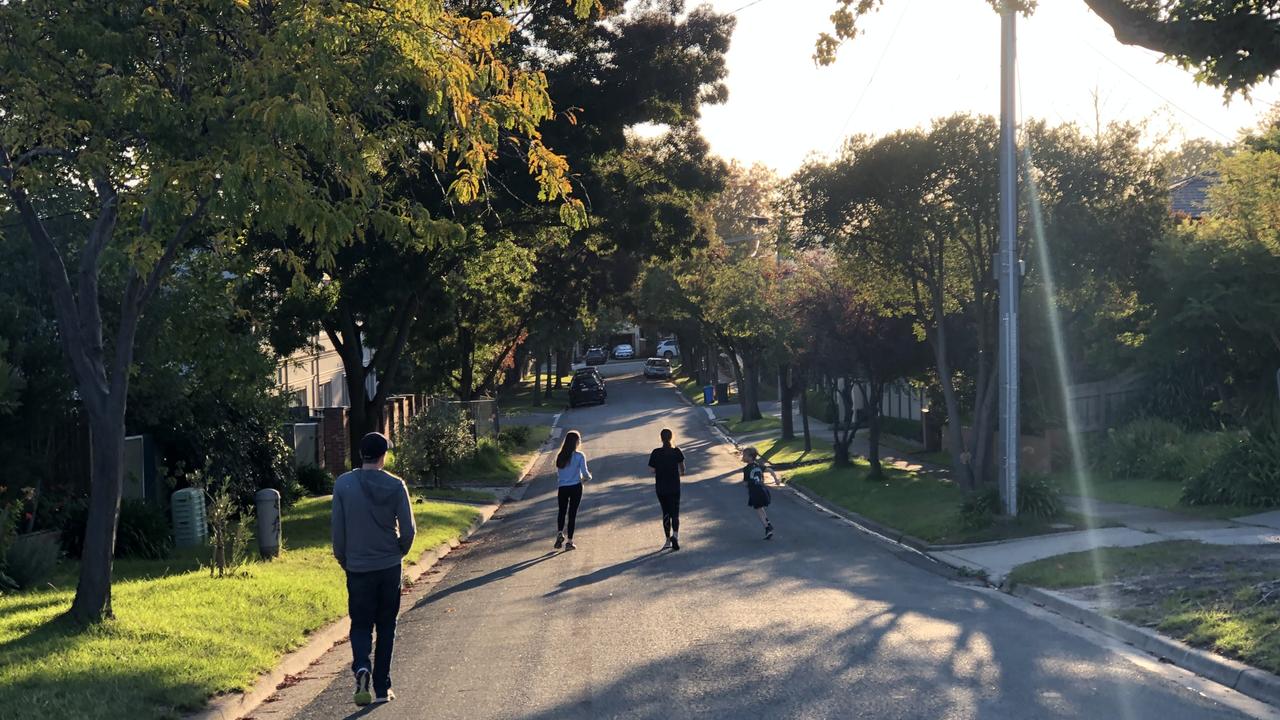
GW: Like so many, the unexpected family time we will treasure. The reliance on each other that you only really get when you’re on holiday removed from the domestic concerns and demands. I’ve had dinner at home more this year than in the past decade. On our daily walks in the first lockdown you get to observe the kids interact and growing up. We’d swap our stuff and nonsense completely unselfconsciously and without interruption or hurry. In the tighter confines now we have documentary night once a week so that we might actually learn something together and a movie night on weekends where we’ve met our debt to 80s pop culture passing on legends from Back to the Future to Ferris Bueller’s Day Off.
JF: Just how resilient my kids would be, despite the difficulty and the uncertainty of stage 4 restrictions and spending so much time out of the classroom.
WA: When the AFL season was shut down I started watching the box set of Richmond’s 2017 season, starting from Round 1. I was blown away by some of the stuff I’d just forgotten about. Remember Ben Griffiths and Todd Elton? Remember Vlastuin in the midfield? It’s amazing watching those games when you know how it all turned out. You can see the work in progress — all the little things that weren’t yet perfected that you can only notice now because you’ve seen the finished article. It made me realise that when you watch a game live, you really have no way of understanding what you’re seeing. Which is kind of true for life. We can’t really understand what we’re living through until it becomes history.
SC: Discovering new aspects of the city whilst walking each day and spending more time with my adult children, even if it’s because they can’t escape.
BS: I’ve been able to have breakfast with my wife and kids every morning. That’s been the great upside. And my bacon/egg/avocado wraps are a hit — I’ve actually been impressing myself! Breakfast sets us up for the day, then the kids go and do some homeschooling. In a really positive way, I feel the time in iso has connected us as a family.
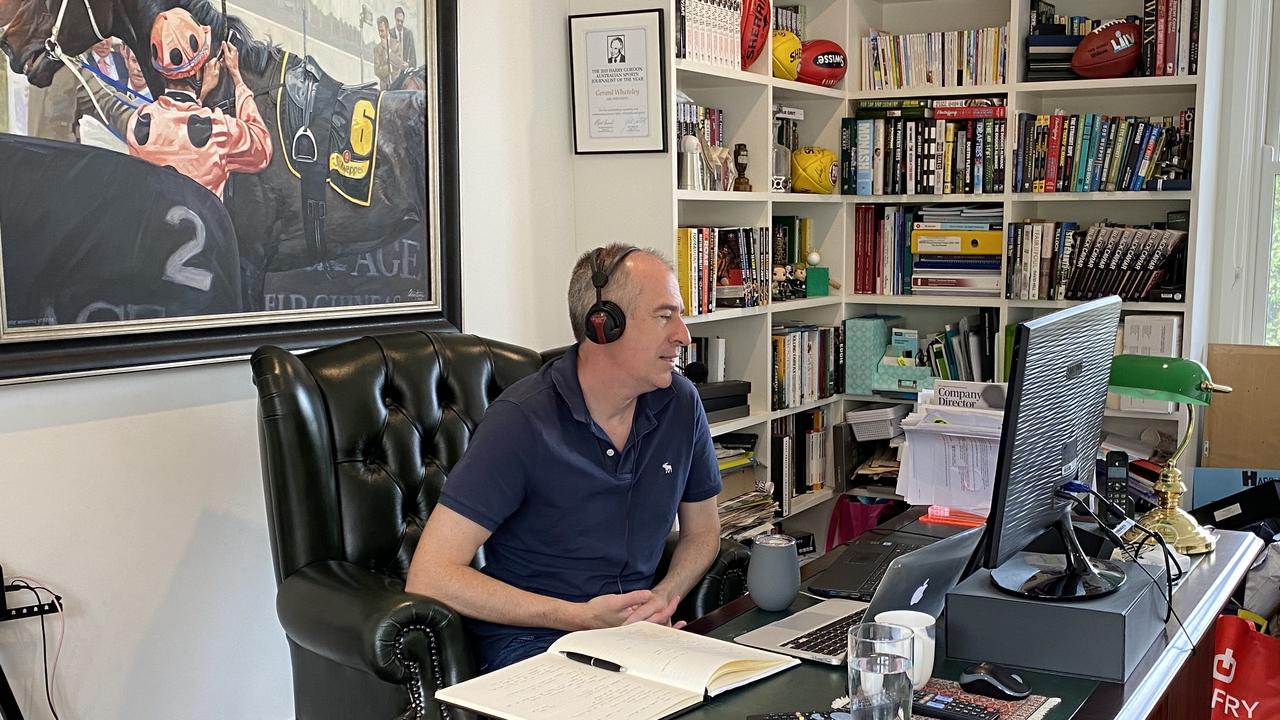
HM: Is there anything you took for granted before COVID, that you don’t now?
RS: Going to a friend’s house, going to a restaurant, actually attending a race meeting, seeing a packed tram, spontaneity, proximity and handshakes.
LN: Our incredible health care system and the people that work in it. Every day they put their lives on the line and have to isolate from their own families, to keep us all safe. Their level of commitment is beyond comprehension and I’m happy to wear masks, social distance, stay home and isolate if it makes their job even slightly easier.
JK: Travel … anywhere more than 5 kilometres from my home!
GW: I love the feeling of walking into the MCG, of approaching the gates at Flemington. It’s our blessing as Melburnians to have such sporting theatres as our playgrounds. So much so that it becomes routine. Then suddenly you’re watching the All Star Mile at an abandoned Caulfield and it seems so inconsequential. And those games at an empty MCG were sad. You knew you’d never get used to the echo and the void. That sensation of being in a heaving stadium at the climax of a contest you’re totally invested in will be all the more cherished when next we’re together. And I miss going to the movies. I’m sulking that the rest of country has seen Tenet. If the new Bond is released before our cinemas open I’ll be saltier than the popcorn.
JF: Being able to freely visit family, catching up with friends at the local cafe, going to watch the footy and playing weekend sport.
WA: Employment, probably. It’s strange because when I was a kid I was convinced no one would ever employ me. It used to worry me a lot. But once you start working I guess it becomes routine. Now I’m watching people lose their livelihoods through no fault of their own and I feel this sense of guilt I’ve been spared so far. I think about it every single day, without fail. And I feel people like me now have a massive responsibility towards those who are struggling.
SC : Being able to catch up with friends and family while sitting and enjoying one of our city’s world famous restaurants. It will be one of the first things I organise when restrictions ease.
BS: How your occupation and drive towards succeeding in work life, has a huge influence of your state of mind and an outlook on life.
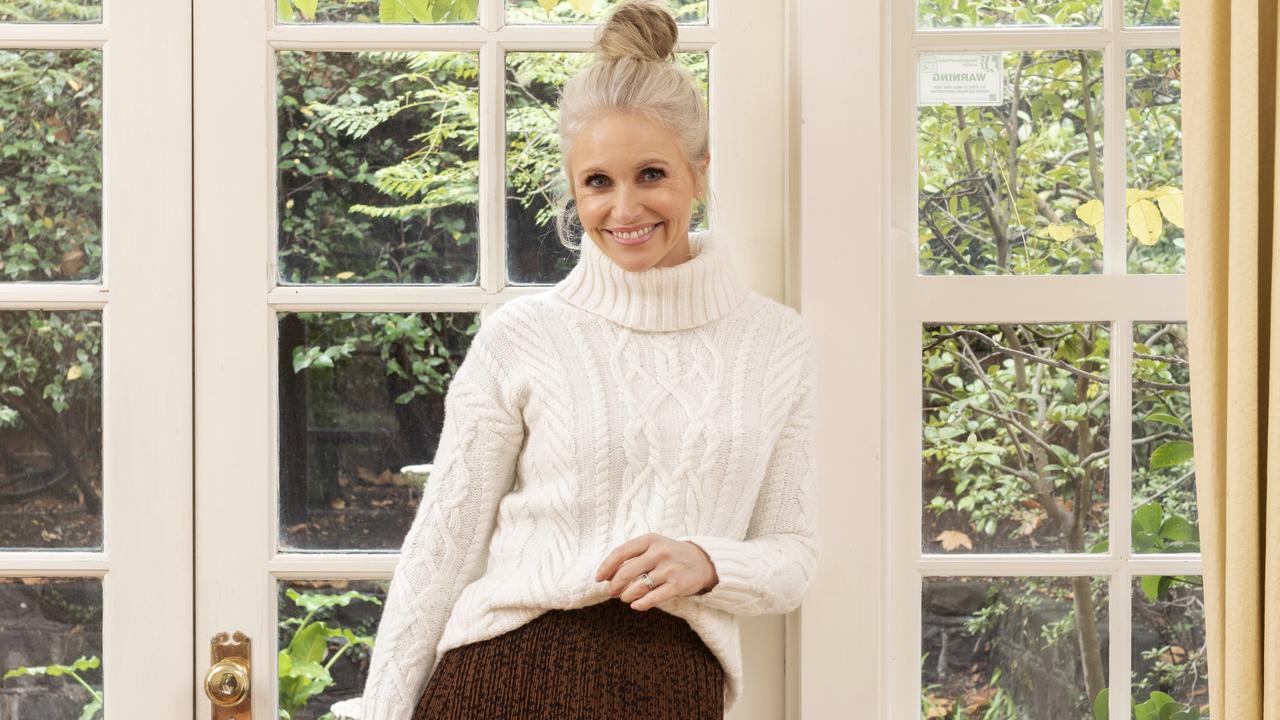
HM: What’s the one thing you wish you’d done during COVID – but didn’t.
RS: Flown. To. Queensland.
LN: I wish that I had something tangible to show for 2020. I’d love to write another book but I can’t seem to find some clear air, in between homeschooling a Grade 4 and Grade 1, keeping the house ticking over, my radio shift on Magic 1278 and my commitments with 9News. There’s a few months left … but I’m not confident! I don’t want to add any more pressure to this year, either. There’s been a lot for us all to comprehend and digest.
JK: Trained for a triathlon.
GW: I had thought if time ever presented I’d like to be reminded how to swing a golf club. But I didn’t even have the sticks let alone a net and the wherewithal when lockdown hit. Even my putter is broken. I did however buy a cricket bat. Shadow batting with a beautiful new Kookaburra is gloriously relaxing.
JF: More exercise! Much more exercise.
WA: I really should have read more. I feel like this is the one chance I’ll get in my life to read all those books you pretend you’ve read but haven’t. Things like To Kill a Mockingbird or Wuthering Heights. Now I’ll have to keep faking it.
SC: Learn a new skill. I have heard amazing stories about people baking, knitting, learning musical instruments, setting new world records and other admirable feats.
BS: Watch the sunrise. I should have done it every day, but I haven’t. Win the morning, win the day.
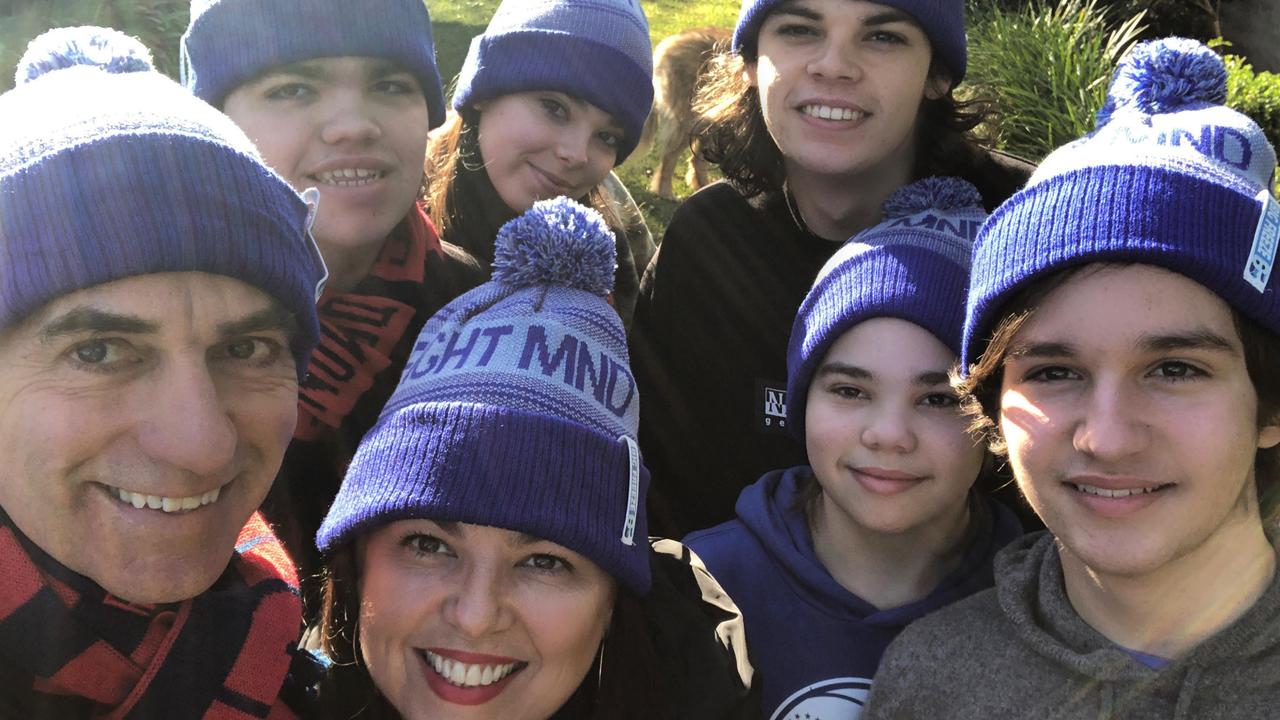
HM: Will things return to total normality post COVID, or do you think there will be lasting change, and if so – what will that be?
GW: I doubt things will snap back exactly as they were. I fear we might have missed the lesson if they did. But I’m not sure whether the changes will be subtle or profound. I would hope collectively we might demand science and health would be prioritised both in terms of funding and its place in the public consciousness. Wearing face masks and sanitising hands might remain commonplace in public particularly through our winters. I suspect our kids won’t complain about going to school having lived the alternative long term. And I’ll never dread a long-haul flight again.
JK: People have shown how adaptable they can be. I’m glass half-full – I think we will find a way.
JF: I am sure the most important things to us in life will remain the same – the connection shared with family and friends, the liberties and freedom we enjoy living in a democracy and the opportunity in Australia to be anything you want to be. But there will be some long lasting changes as well. More people will work from home, more people may choose a life in the regions, countries will be more focused on the sovereignty of supply chains and the revolution in technological disruption particularly in e-commerce, will be accelerated.
WA: I hope the changes last. For example, I’ve started learning how to play some songs on piano and I can feel my brain changing in the most fantastic way. It’s slow and difficult and deeply rewarding. I think our lives were so bombarded with information and stimulation from our phones that we’ve been living mostly off mental and emotional sugar hits, which is a terrible way to be. I felt my life was becoming all activity, no nourishment. I really should be prioritising things that are actually fulfilling in the long-term.
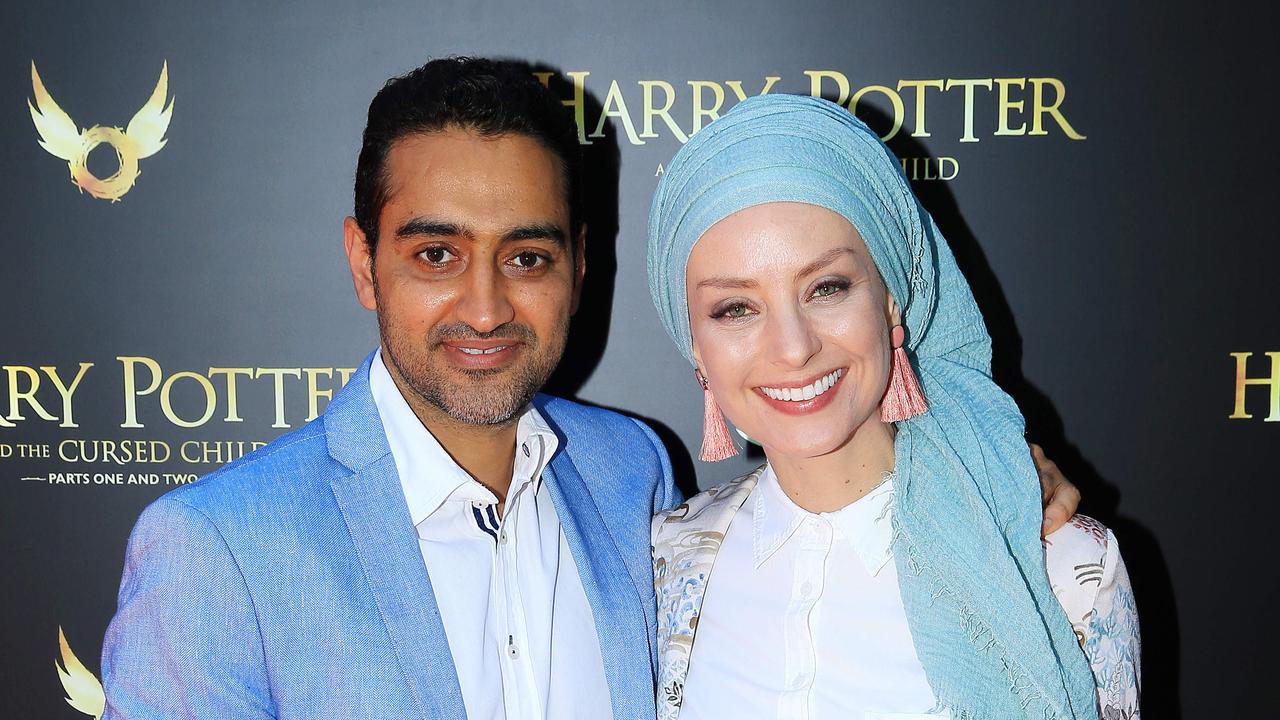
HM: A final message to those reading?
LN: Buy Australian made! We need to manufacture more goods in Australia. As consumers, we can support jobs in our country and even more desperately needed, our State. #ClickforVic is a fantastic initiative and I hope everyone gets on-board. I also think we need a clear set of guidelines as to which products can be labelled “Made in Australia” and that Supermarkets should have an aisle set aside for these items. Let’s “Make Australia Make Again”!
JK: You’re never too old to learn Texas Holdem poker. Having a group of local school mums checking in on me is keeping me sane – make sure you have a group around you too!
GW: There have been moments through this in which the sense of community has been rich and moments that have been decidedly fractious. There’s a chance to recognise and cherish the former and make that lasting in our street, in our neighbourhood and in our village rather than letting ourselves be defined through the modern experiment of social media. Perhaps we might choose to be just a little kinder to each other.
SC: Just thank you. Thank you for everything you have done to help others during lockdown and thanks in advance for the combined effort it’s going to take to make Melbourne better than ever.
JF: Stay strong, stay safe, and try and look after one another. We will get through this. There is a light at the end of the tunnel.
WA: It’s not for me to give people advice. I can only say that the moments I’ve felt best during this whole ordeal is when I’ve found a way to do something for someone else, even if it’s only little. Maybe it’s because we’re missing connection with other people at the moment, and that’s the richest kind of connection we can have.
Originally published as Hamish McLachlan chats to Waleed Aly, Gerard Whateley, Billy Slater and other friends about how they’re handling lockdown


